“Molon Labe” is an exhortation that never loses its relevance. Its message can be summarized in two words: fight and...
- There are no more items in your cart
- Shipping
- Total zł0.00
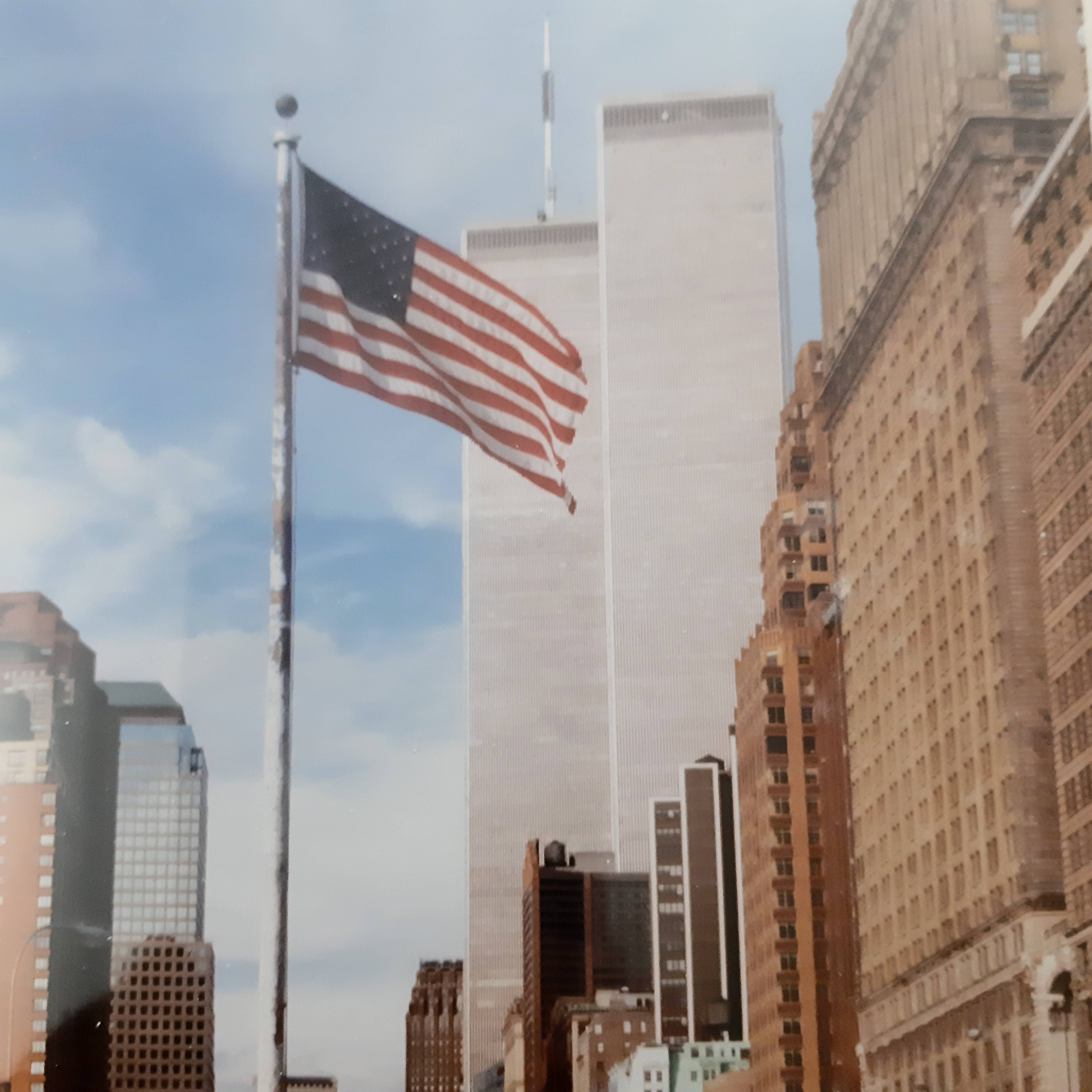
9/11/2001
The 9/11 attacks, commonly referred to as the 9/11 attacks, were a series of four coordinated suicide terrorist attacks carried out by militants of the al-Qaeda Islamic terror network against the United States on Tuesday, September 11, 2001.
That morning, four commercial passenger airliners flying from the northeastern United States to California were hijacked in flight by 19 al-Qaeda terrorists, who were organized into three groups of five members each and one group of four. Each group included one hijacker who had received flight training and had taken control of the aircraft. Their explicit goal was to crash each plane into one of the important U.S. buildings, resulting in mass casualties and partial or total destruction of the buildings.
.jpg)
The attacks of September 11, 2001 were among the most tragic events in modern history. On that day, al-Qaeda terrorists hijacked four passenger planes and carried out coordinated attacks on the United States. Two of the planes hit the World Trade Center towers in New York, the third hit the Pentagon, and the fourth crashed in a field in Pennsylvania after passengers intervened.
The attacks killed nearly 3,000 people and injured thousands more. These events had a huge impact on international politics, security and daily life around the world.

On September 11, 2001, many people showed extraordinary courage and sacrifice.
- Thousands of firefighters, police officers and paramedics immediately rushed to the scene of the attacks to save lives. Many of them died trying to evacuate people from the burning buildings.
- Passengers on United Flight 93 learned of the attacks on the World Trade Center and the Pentagon. They decided to fight the hijackers, which led to the plane crashing in a field in Pennsylvania instead of hitting the next target.
- Many people working at the World Trade Center helped their colleagues evacuate, often risking their own lives to make sure others left the buildings safely.
- People on the streets of New York spontaneously helped the injured, provided water and food, and offered shelter to those who needed it.
These stories are just a few examples of the incredible courage and solidarity that were evident that day.
The September 11, 2001 attacks also had a huge impact on security policy around the world. Here are some of the key changes that followed the events:
- Strengthened airport screening - Stricter airport security screening procedures were introduced, such as more thorough searches of baggage and passengers, and a ban on bringing certain items on board planes.
- In the United States, the Patriot Act was passed, which expanded the powers of government agencies to monitor and prevent terrorist activity. Among other things, the act allowed broader access to personal data and electronic communications.
- New security agencies and organizations have been created, such as the U.S. Department of Homeland Security (DHS), which coordinates efforts to protect the country from terrorist threats.
- International cooperation in intelligence sharing and joint counterterrorism operations has increased. Countries around the world have begun to cooperate more closely to prevent terrorist attacks.
- Changes in the law - Many countries have introduced new anti-terrorism laws that have increased the powers of law enforcement and intelligence agencies. These laws often included harsher penalties for terrorist activities and greater ability to monitor suspicious activities.
These changes were aimed at increasing security and preventing future terrorist attacks.
The September 11, 2001 attacks also had far-reaching consequences that affected many aspects of life around the world. Here are some of the most important long-term consequences:
- Changes in foreign policy - The United States launched the so-called “war on terror,” which included the invasions of Afghanistan in 2001 and Iraq in 2003. These actions were aimed at eliminating terrorist threats, but also affected the stability of the Middle East region.
- Increased Surveillance and Surveillance - many countries introduced more stringent surveillance measures to prevent future terrorist attacks. This has included increased monitoring of electronic communications, the introduction of facial recognition systems and other tracking technologies.
- Changes in security laws and policies - the introduction of new anti-terrorism laws, such as the Patriot Act in the US, which expanded the powers of law enforcement and intelligence agencies. These changes were aimed at enhancing security, but also sparked a debate on privacy and civil rights.
- Economic impact - the attacks have had a significant impact on the global economy, including financial markets, the aviation industry and tourism. The costs associated with the war on terror and increased security spending have had long-term consequences for government budgets.
- Social and psychological impact - The 9/11 attacks had a profound impact on society, including a sense of security and trust in institutions. Many people have experienced trauma and post-traumatic stress, and there has been an increase in discrimination and hatred against specific ethnic and religious groups.
- Increased Awareness and Emergency Preparedness - The events have increased awareness of terrorist threats and the need to prepare for emergencies. Many organizations and institutions have introduced new procedures and contingency plans to better deal with potential threats.
These long-term effects show how profoundly the 9/11 attacks affected the entire world.
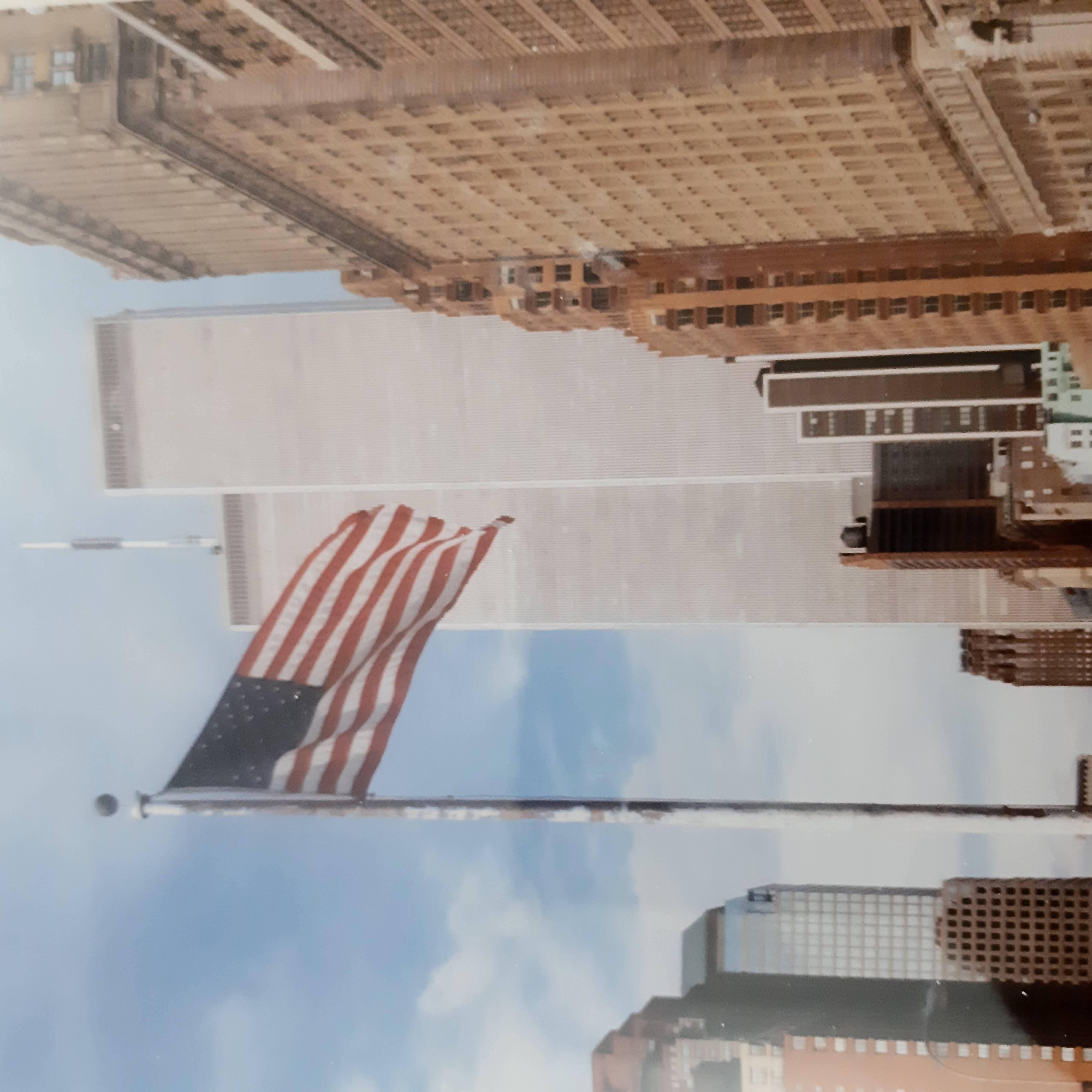
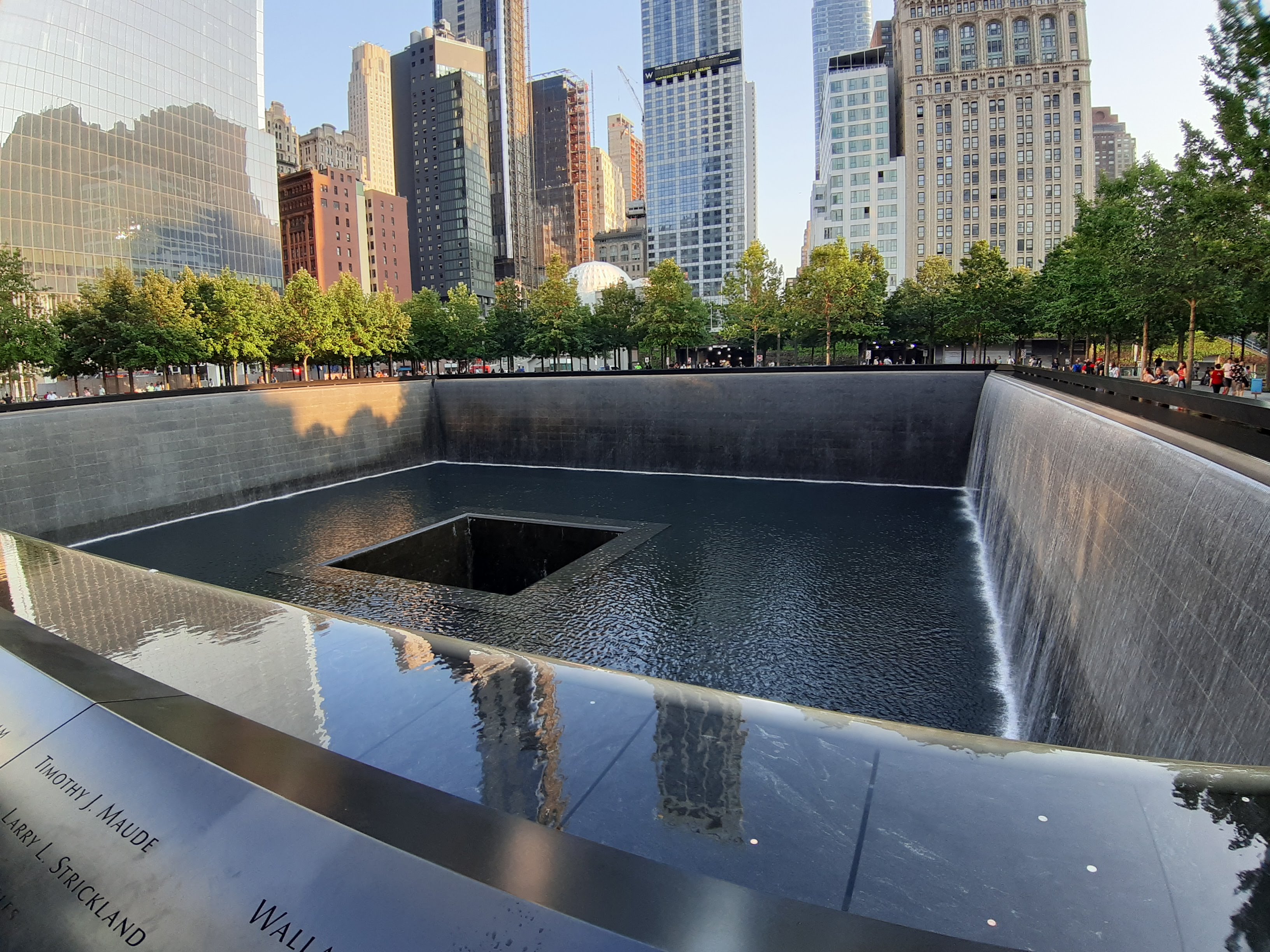
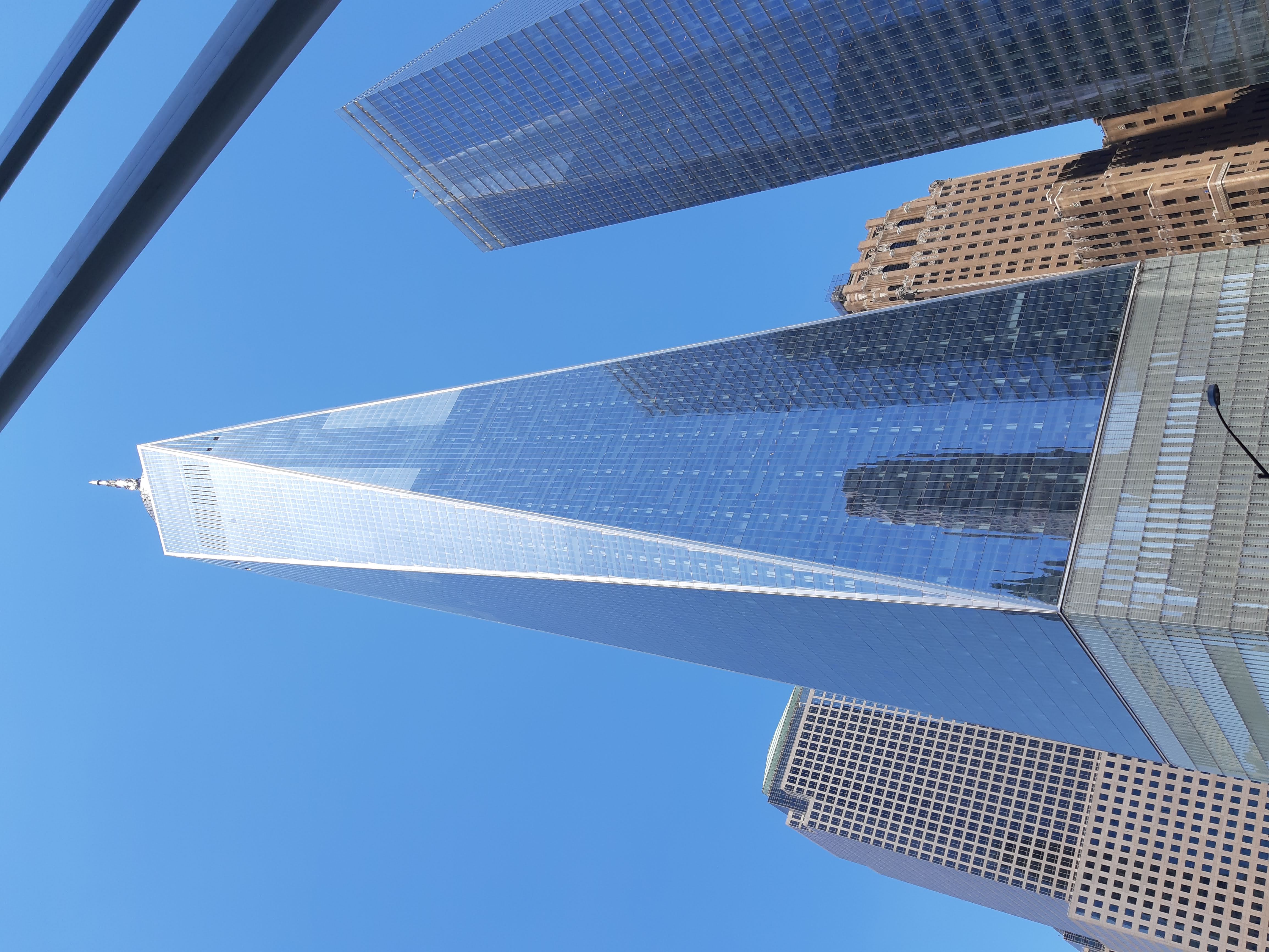








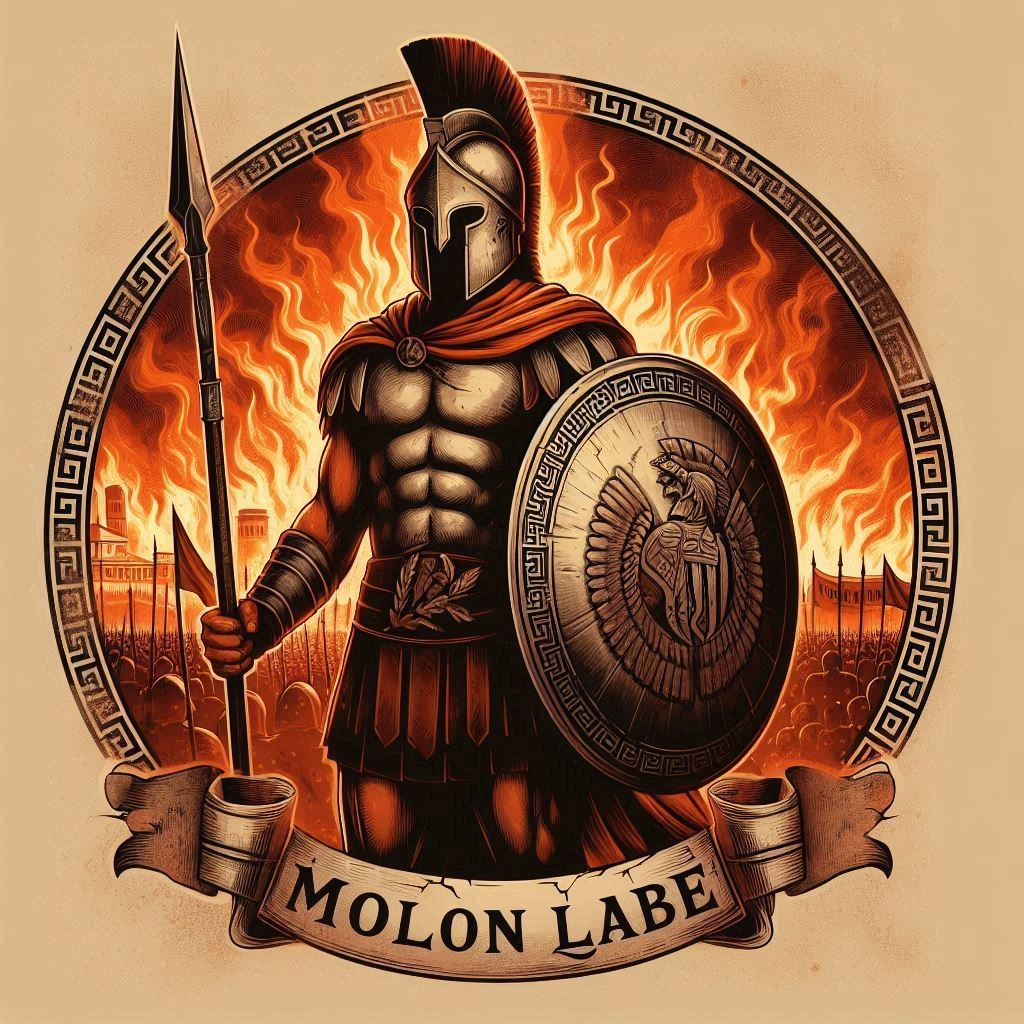
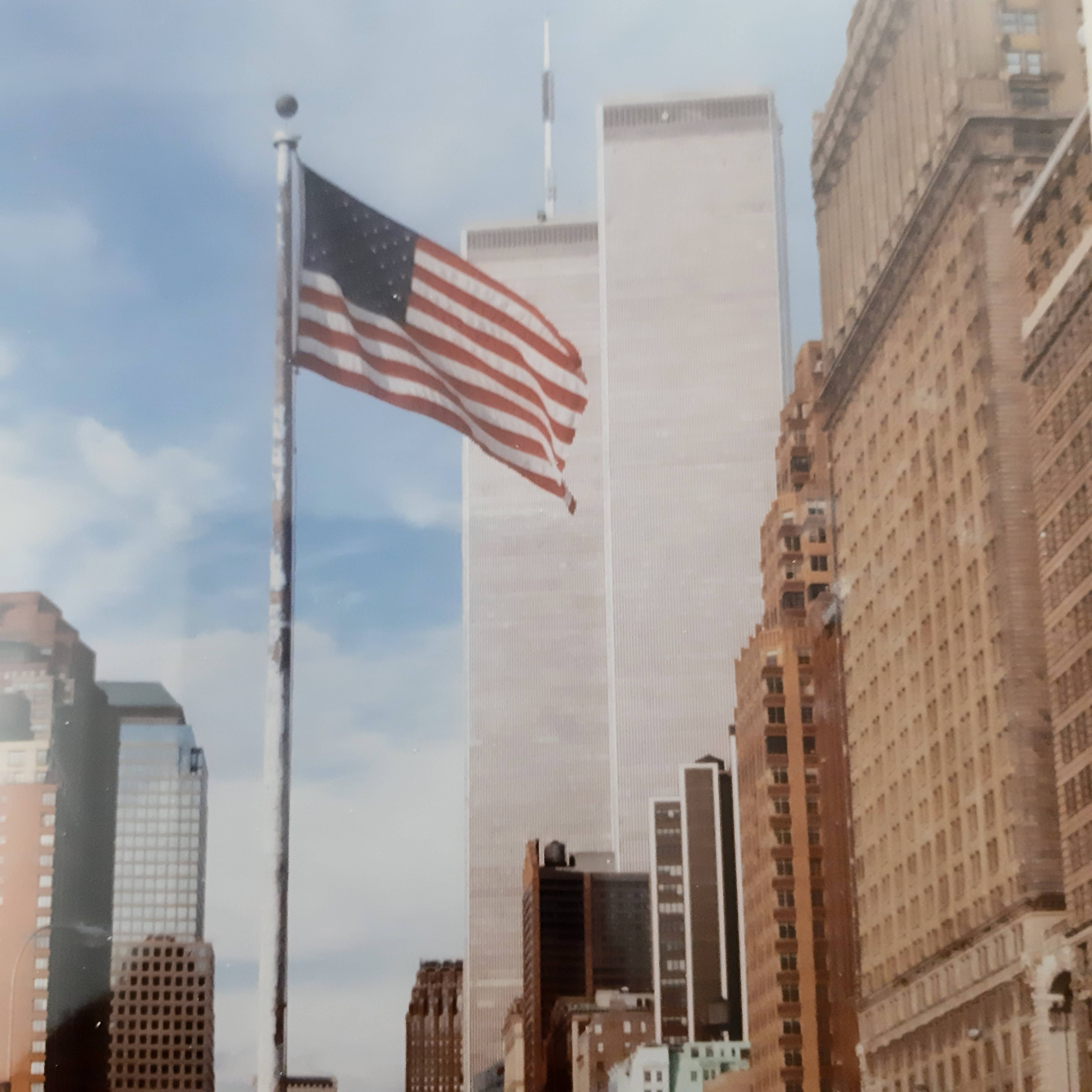


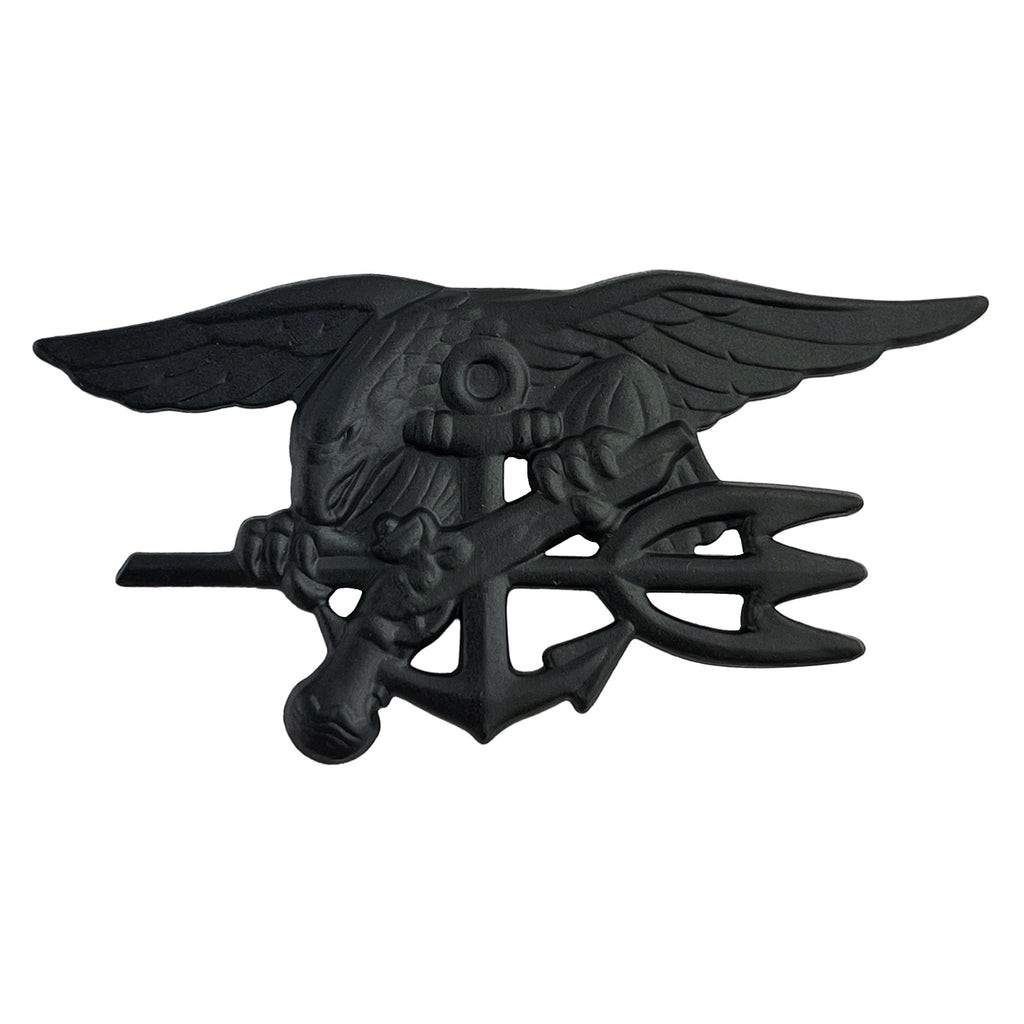
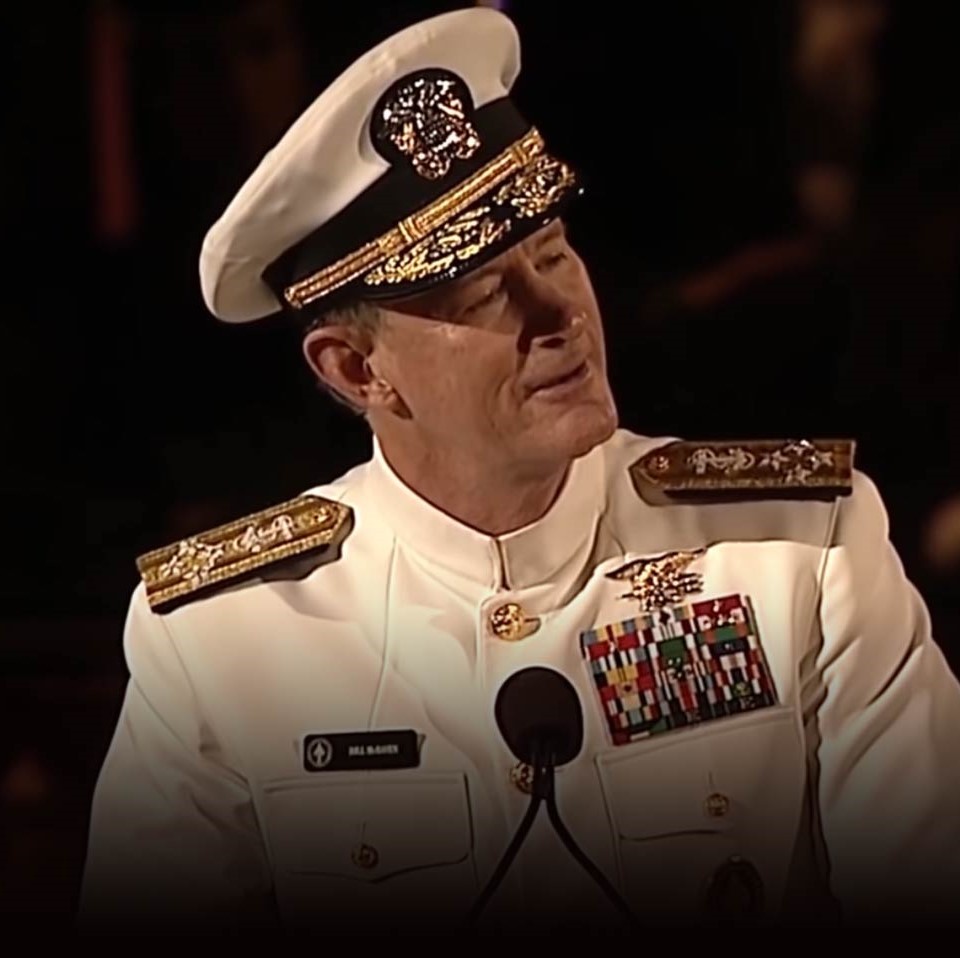
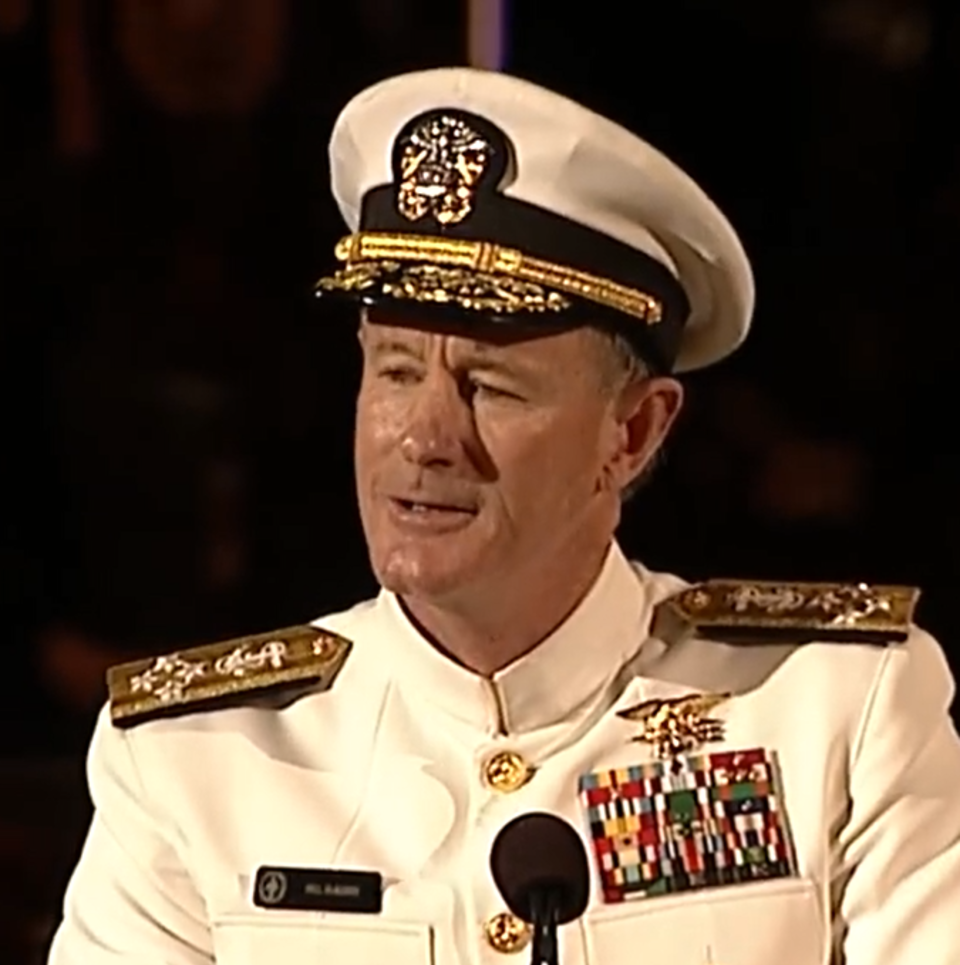




Leave a comment